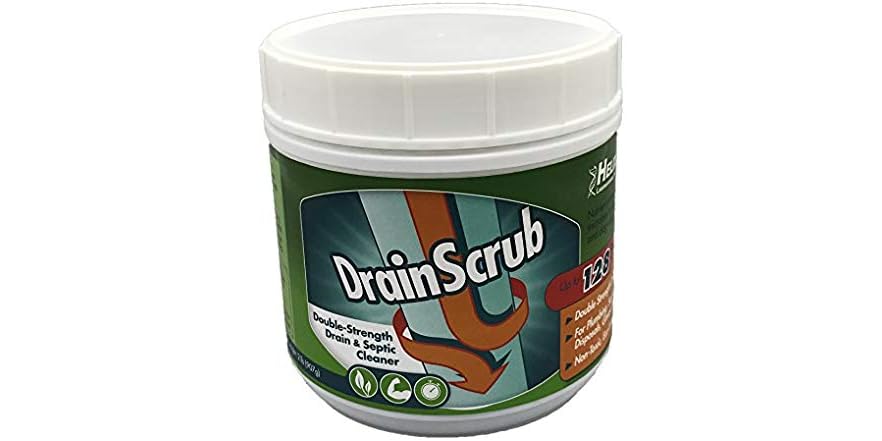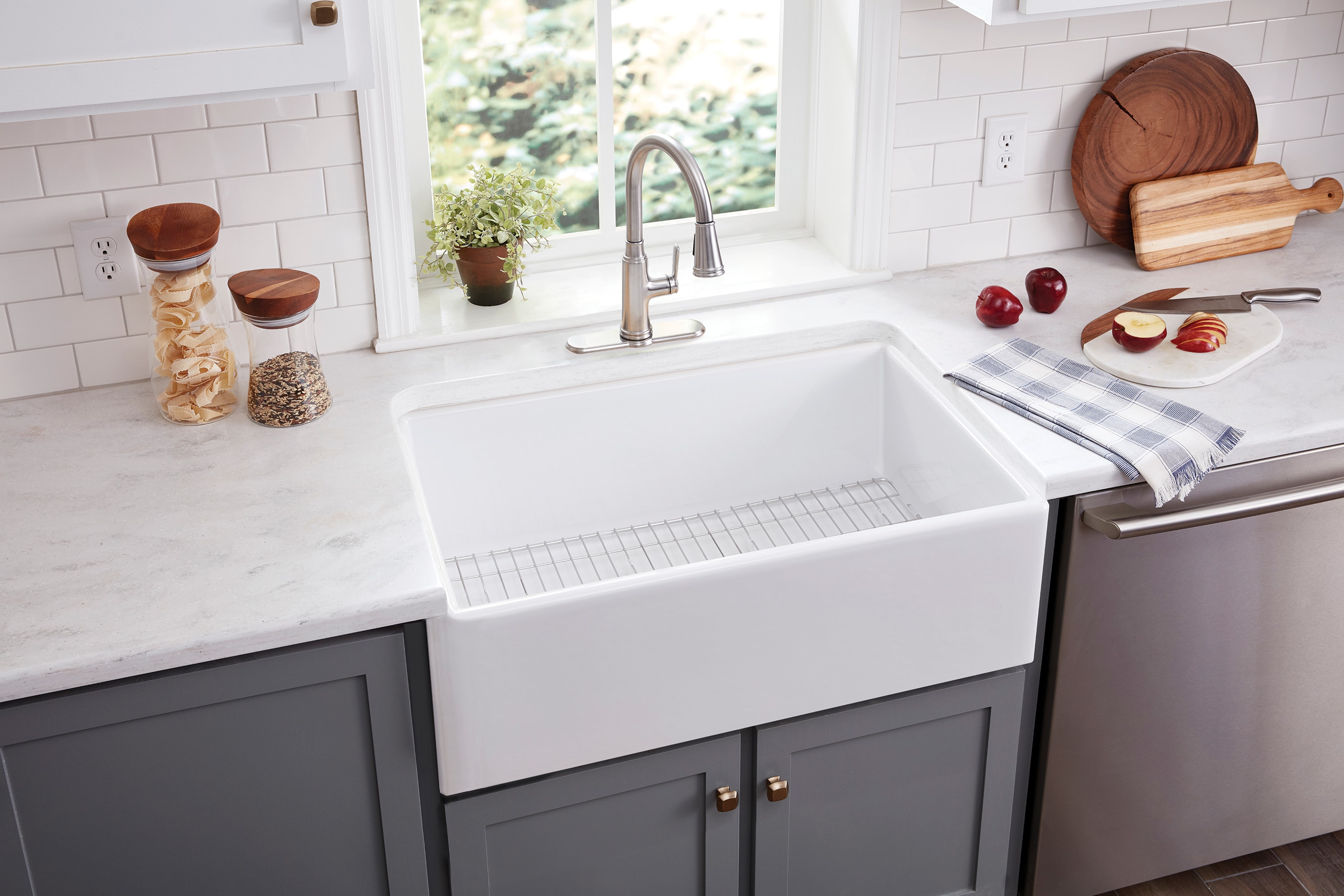If you're dealing with a smelly kitchen sink, the first remedy you should try is a combination of baking soda and vinegar. These two household staples work together to create a powerful cleaning solution that can eliminate unpleasant odors and keep your sink smelling fresh. To use this remedy, start by pouring a cup of baking soda down the drain. Follow it up with a cup of white vinegar. You'll notice a chemical reaction happening as the two ingredients combine. Let this mixture sit for about 15 minutes before flushing it out with hot water. The baking soda will absorb any lingering odors while the vinegar helps to break down any buildup or residue in the drain.1. Baking Soda and Vinegar
If you're looking for a more natural approach to combatting kitchen sink odors, try using a combination of lemon juice and baking soda. Lemon juice is known for its acidic properties, making it a great cleaner and deodorizer. Baking soda, on the other hand, helps to absorb and neutralize odors. To use this remedy, mix together equal parts lemon juice and baking soda to create a paste. Apply this paste to your sink and let it sit for about 10 minutes before rinsing it away with hot water. The lemon juice will help to eliminate any bad smells while the baking soda will leave your sink sparkling clean.2. Lemon Juice and Baking Soda
Salt is another household item that can be used to get rid of smelly kitchen sinks. Its coarse texture makes it a great natural scrubber, and its antimicrobial properties help to kill off any bacteria that may be causing the unpleasant odors. To use this remedy, mix together a cup of salt with a quarter cup of hot water. Use this mixture to scrub your sink thoroughly, paying extra attention to the drain. Rinse it away with hot water to reveal a fresh-smelling and clean sink.3. Salt and Hot Water
For tougher kitchen sink odors, you may need to bring out the big guns. Bleach is a powerful disinfectant that can kill off any bacteria or mold that may be causing the smell in your sink. To use this remedy, mix about half a cup of bleach with a gallon of hot water. Carefully pour this mixture down the drain and let it sit for about 10 minutes before rinsing it away with hot water. Be cautious when using bleach as it can be harmful to your skin and eyes. Make sure to wear gloves and keep the area well-ventilated.4. Bleach and Hot Water
If you're dealing with a smelly kitchen sink due to food residue, a simple mixture of boiling water and dish soap can do the trick. Boiling water helps to melt away any grease or buildup, while dish soap helps to cut through any lingering odors. To use this remedy, bring a pot of water to a boil and add a few drops of dish soap. Carefully pour this mixture down the drain and let it sit for a few minutes before flushing it out with hot water. Repeat this process a few times if needed until the odor is gone.5. Boiling Water and Dish Soap
If you're looking for a natural and refreshing way to get rid of kitchen sink odors, try using a combination of citrus peels and ice cubes. Citrus fruits like lemons, limes, and oranges have a strong, fresh scent that can help to eliminate bad smells. To use this remedy, place a handful of citrus peels and a few ice cubes down the drain. Turn on the garbage disposal and let it grind up the mixture. The ice cubes will help to clean out any residue while the citrus peels leave a fresh scent behind.6. Citrus Peels and Ice Cubes
Another natural and pleasant-smelling remedy for a smelly kitchen sink is using essential oils. Essential oils have powerful antibacterial properties and can leave a pleasant scent in your sink and drain. To use this remedy, mix a few drops of your favorite essential oil with a cup of water. Pour this mixture down the drain and let it sit for about 15 minutes before flushing it out with hot water. Repeat this process every few days to keep your sink smelling fresh.7. Essential Oils and Water
If a simple mixture of vinegar and baking soda isn't doing the trick, you can take it up a notch by creating a paste with these two ingredients. The paste will have a thicker consistency, making it easier to apply and stick to any buildup or residue in the sink and drain. To use this remedy, mix equal parts white vinegar and baking soda to create a paste. Apply this paste to your sink and let it sit for about 20 minutes before scrubbing it away with a brush or sponge. Rinse it away with hot water to reveal a clean and odor-free sink.8. White Vinegar and Baking Soda Paste
Hydrogen peroxide is another powerful cleaning agent that can be used to get rid of smelly kitchen sinks. Its antibacterial properties help to kill off any germs or bacteria that may be causing the odor. To use this remedy, mix equal parts hydrogen peroxide and baking soda to create a paste. Apply this paste to your sink and let it sit for about 15 minutes before scrubbing it away with a brush or sponge. Rinse it away with hot water for a fresh and clean sink.9. Hydrogen Peroxide and Baking Soda
If you've tried all of the above remedies and are still dealing with a smelly kitchen sink, it may be time to use an enzyme drain cleaner. These cleaners use natural enzymes to break down and eliminate any organic matter that may be causing the odor. To use this remedy, simply follow the instructions on the enzyme drain cleaner bottle. These cleaners are safe for septic systems and won't harm your pipes, making them a great option for tough kitchen sink odors.10. Enzyme Drain Cleaner
Why Does Your Kitchen Sink Smell?

Understanding the Causes of a Smelly Kitchen Sink
 When it comes to maintaining a clean and pleasant-smelling kitchen, the sink is often overlooked. But if you've noticed a foul odor emanating from your kitchen sink, it's important to address it as soon as possible. Not only is the smell unpleasant, but it can also be a sign of underlying issues that need to be resolved.
When it comes to maintaining a clean and pleasant-smelling kitchen, the sink is often overlooked. But if you've noticed a foul odor emanating from your kitchen sink, it's important to address it as soon as possible. Not only is the smell unpleasant, but it can also be a sign of underlying issues that need to be resolved.
One of the main causes of a smelly kitchen sink is the buildup of food particles and grease. When washing dishes or rinsing food down the drain, small bits of food can get stuck in the pipes, creating a breeding ground for bacteria and causing a foul smell to emit from the sink. A clogged or slow draining sink can also contribute to the build-up of food particles, making the smell even worse.
Another culprit for a smelly kitchen sink is a dry P-trap.
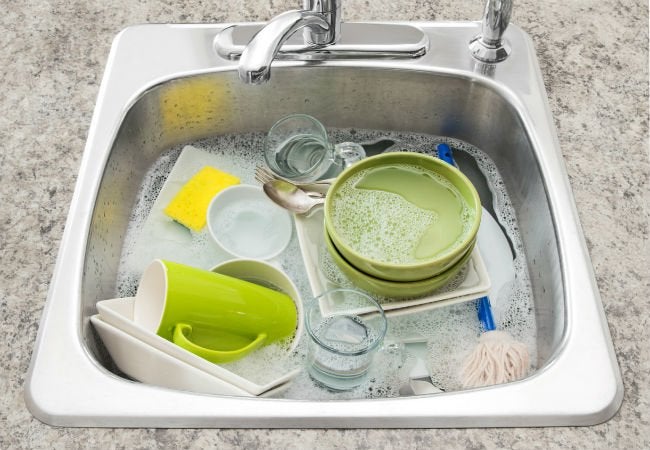 The P-trap is a U-shaped pipe located under the sink that is designed to hold water and prevent sewer gases from entering your home. If the sink is not used frequently, the water in the P-trap can evaporate, leaving the trap dry and allowing odors to escape into your kitchen.
The P-trap is a U-shaped pipe located under the sink that is designed to hold water and prevent sewer gases from entering your home. If the sink is not used frequently, the water in the P-trap can evaporate, leaving the trap dry and allowing odors to escape into your kitchen.
Lastly, a smelly kitchen sink can also be caused by a malfunctioning garbage disposal. If your garbage disposal is not functioning properly, it can lead to food buildup and decay, resulting in a foul smell.
How to Get Rid of a Smelly Kitchen Sink
 Fortunately, there are several easy and natural remedies to combat a smelly kitchen sink.
Vinegar and baking soda
is a powerful combination that can help break down food particles and eliminate odors. Simply pour half a cup of baking soda down the drain, followed by half a cup of vinegar. Let it sit for a few minutes before flushing with hot water.
Fortunately, there are several easy and natural remedies to combat a smelly kitchen sink.
Vinegar and baking soda
is a powerful combination that can help break down food particles and eliminate odors. Simply pour half a cup of baking soda down the drain, followed by half a cup of vinegar. Let it sit for a few minutes before flushing with hot water.
Another effective remedy is using lemon and salt . Cut a lemon into small pieces and sprinkle salt on them. Run the disposal with the lemon and salt mixture, followed by hot water. The citrus in the lemon helps to neutralize odors while the salt acts as an abrasive to clean the disposal.
Maintaining a Clean and Odor-Free Sink
 Prevention is key when it comes to keeping your kitchen sink smelling fresh.
Make sure to regularly clean your sink and disposal with a mild soap and hot water.
You can also run hot water and dish soap down the drain after each use to help prevent food buildup. Additionally, consider using a sink strainer to catch food particles and prevent them from going down the drain.
Prevention is key when it comes to keeping your kitchen sink smelling fresh.
Make sure to regularly clean your sink and disposal with a mild soap and hot water.
You can also run hot water and dish soap down the drain after each use to help prevent food buildup. Additionally, consider using a sink strainer to catch food particles and prevent them from going down the drain.
In conclusion, a smelly kitchen sink can be a nuisance, but it doesn't have to be a permanent issue. By understanding the causes and implementing these simple remedies, you can keep your kitchen smelling fresh and clean. Remember to regularly maintain your sink and disposal to prevent any future odors.




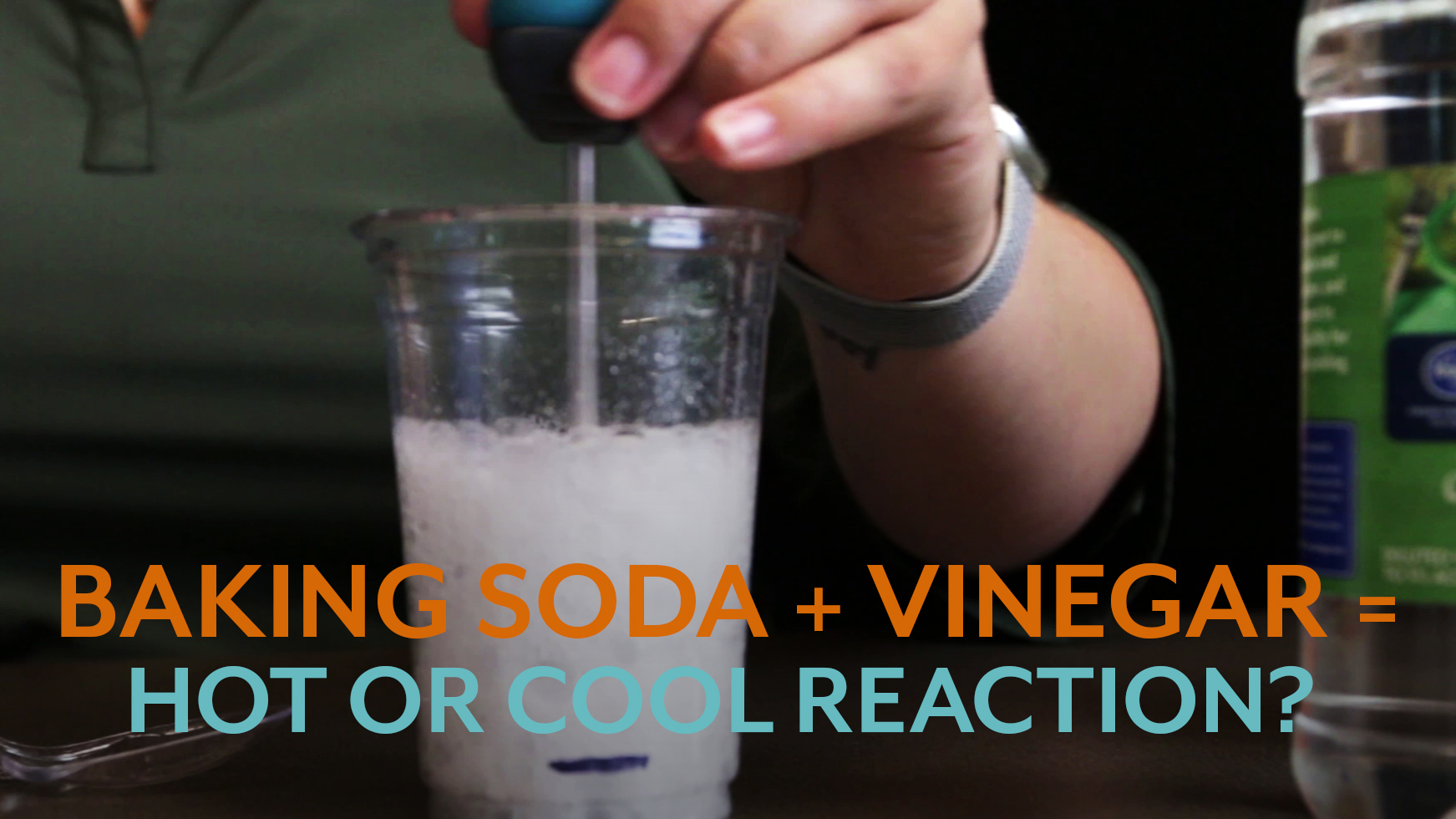
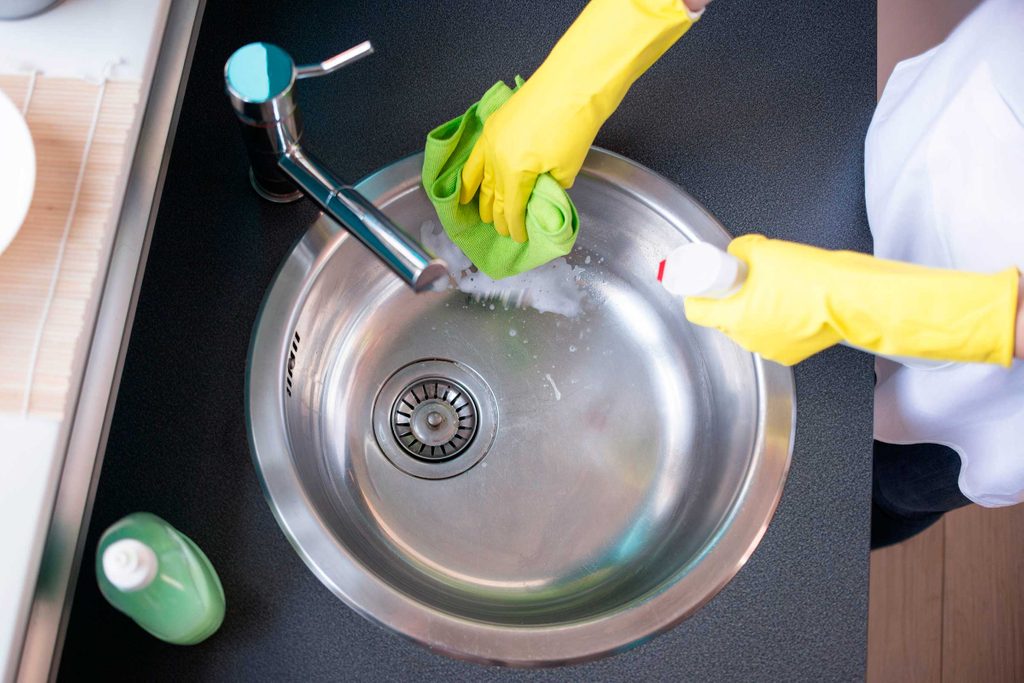

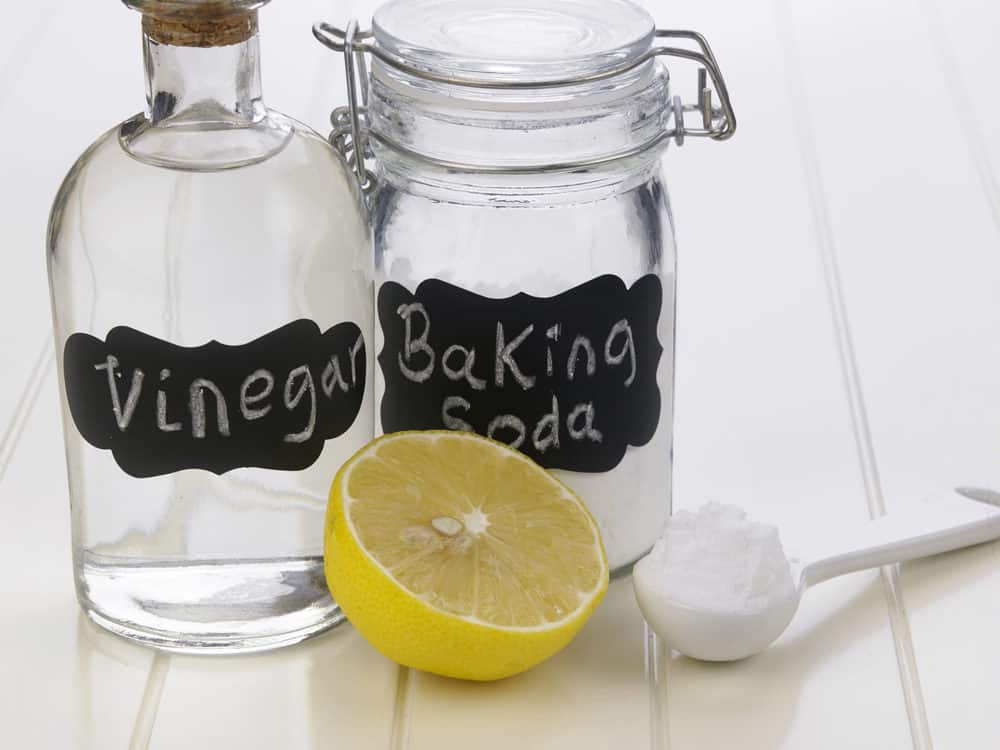
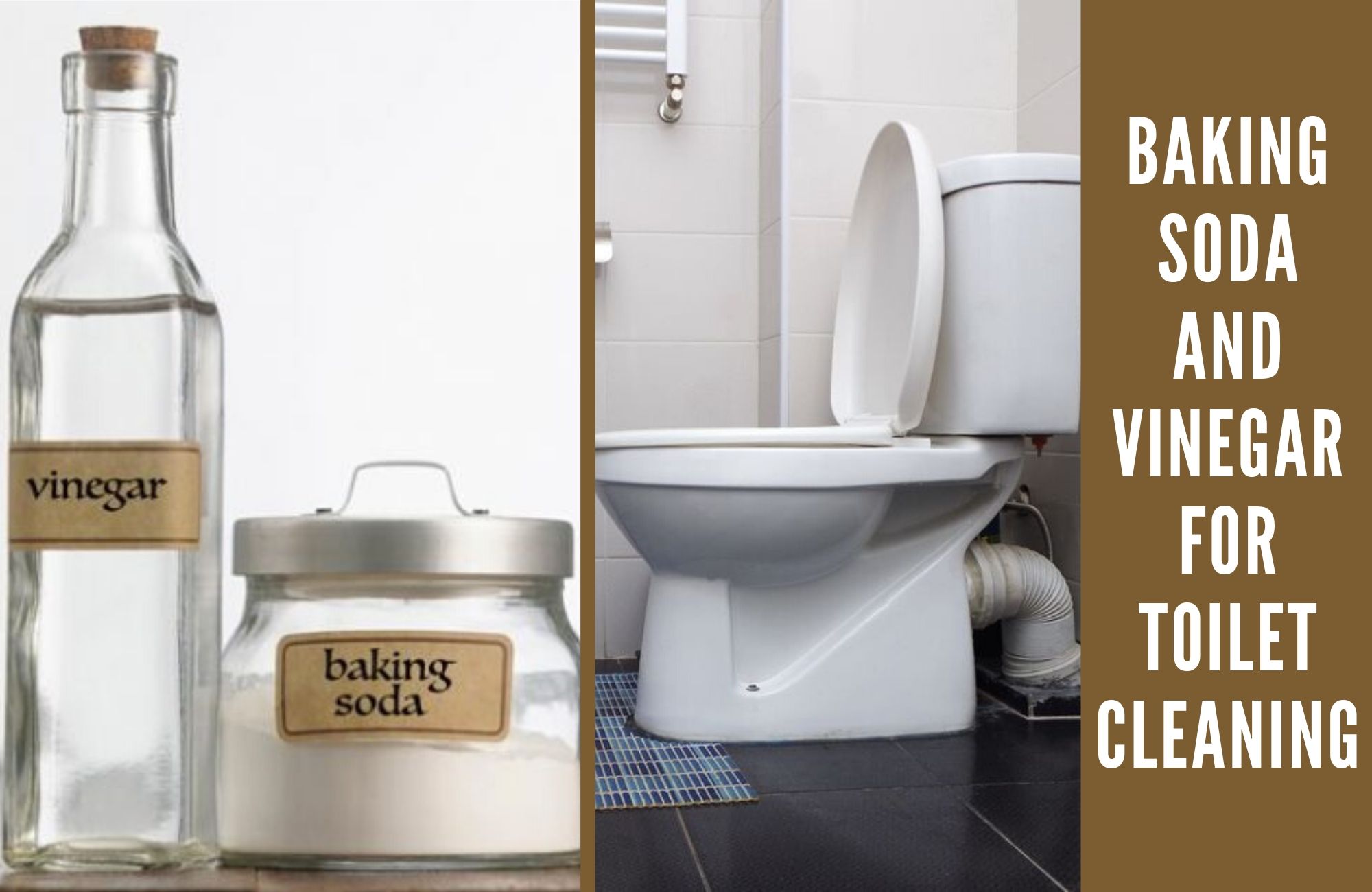
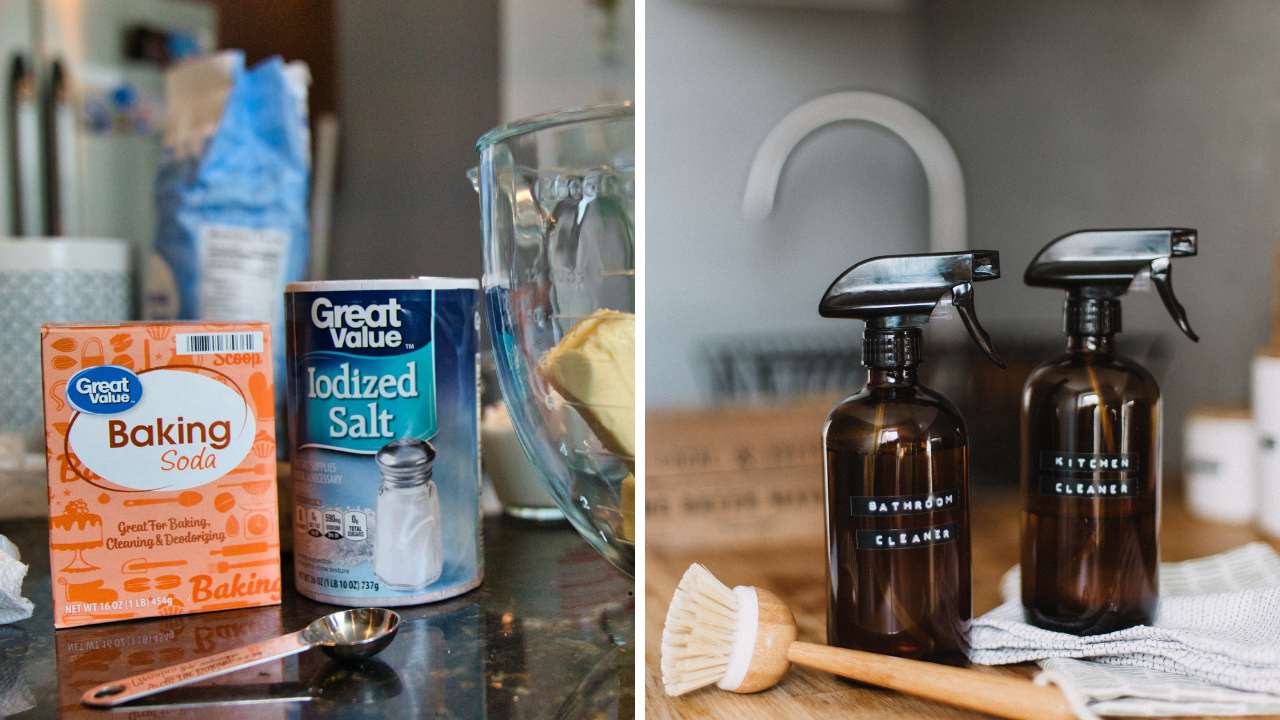






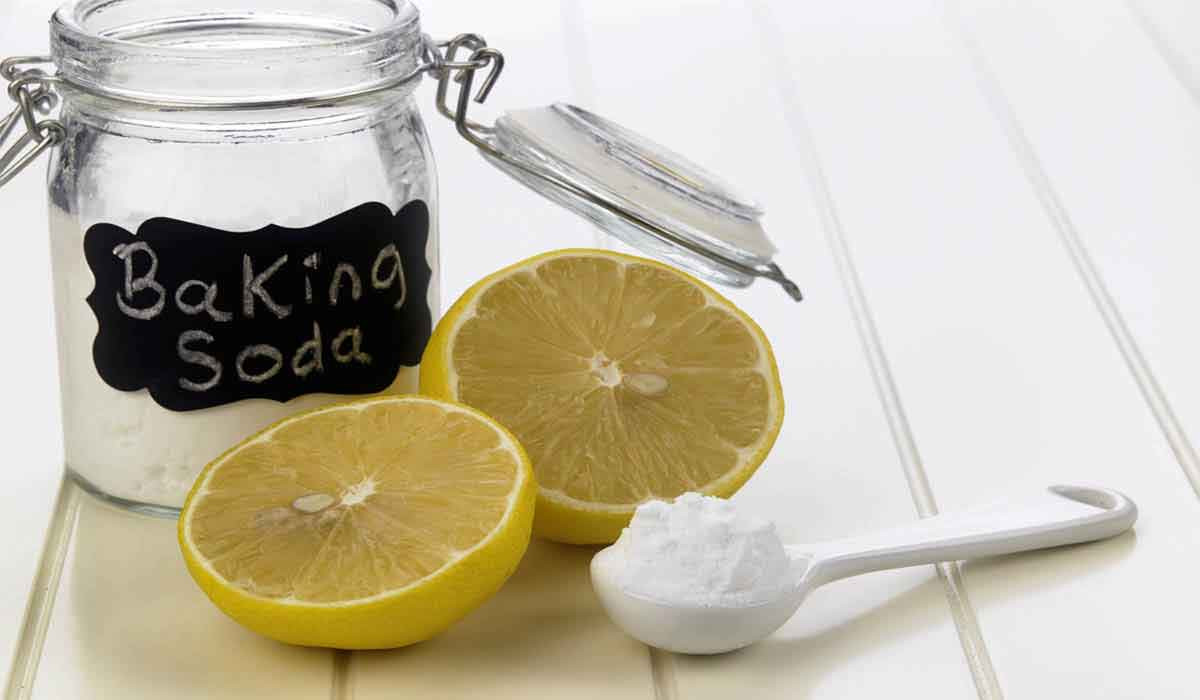
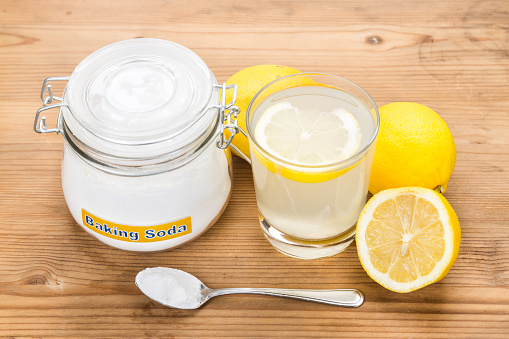




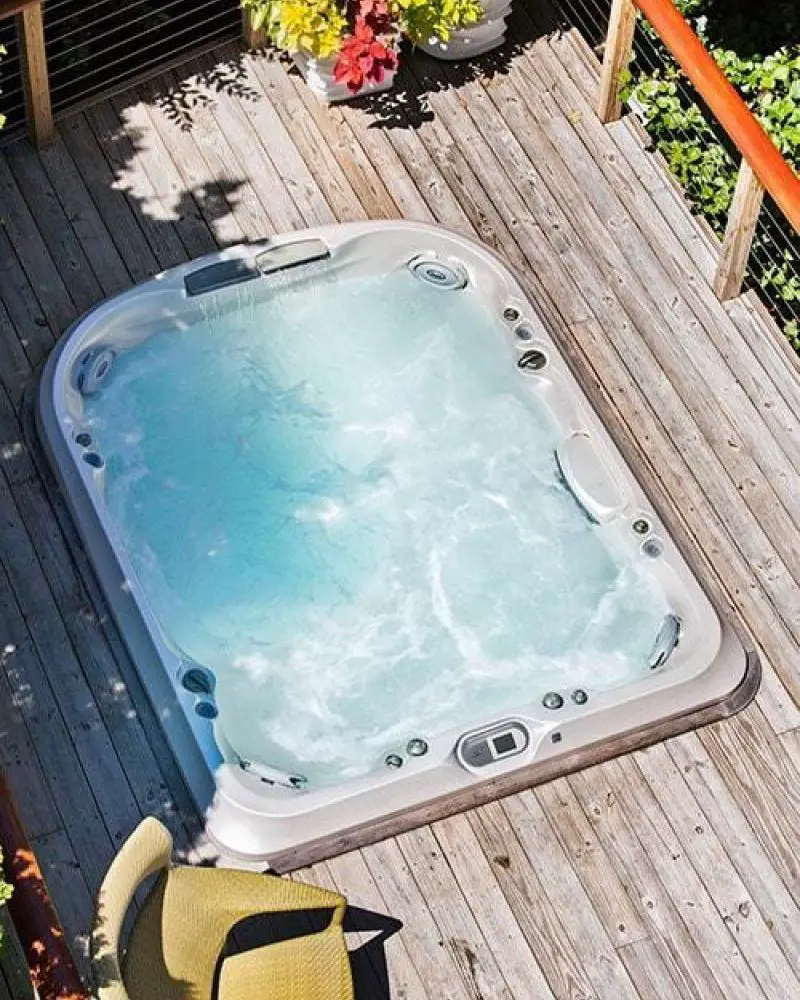


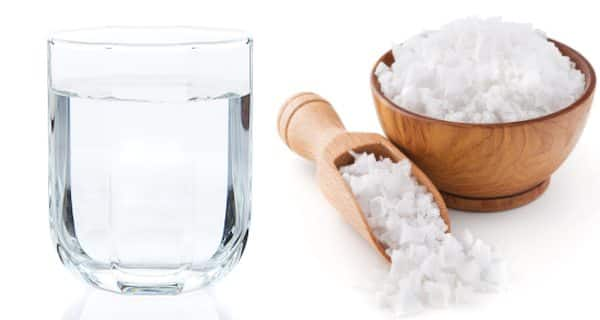








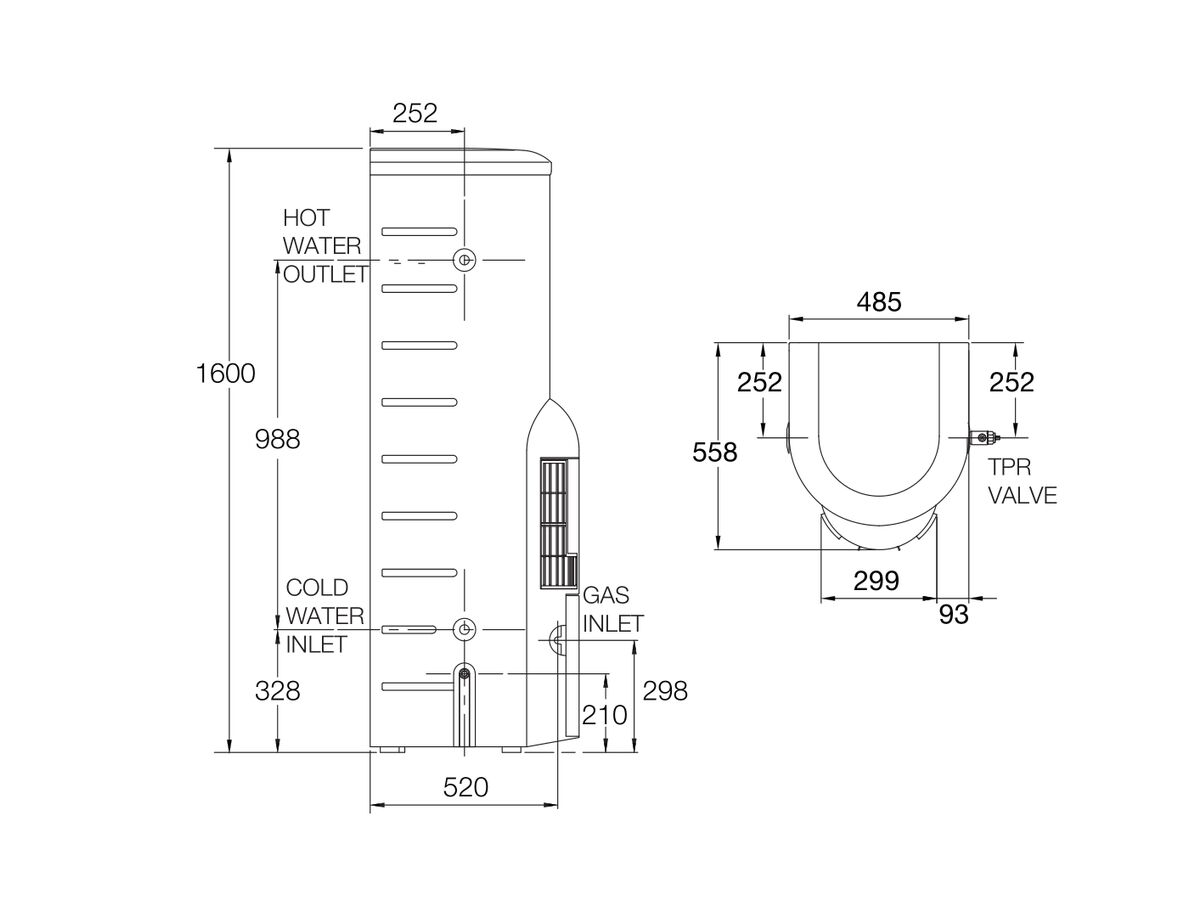



:max_bytes(150000):strip_icc()/better-laundry-results-with-chlorine-bleach-2145786-v7-HL-FINAL-5bfc1b8946e0fb002658eac6-93581e22f97f49288a048f1876e9eef7.png)
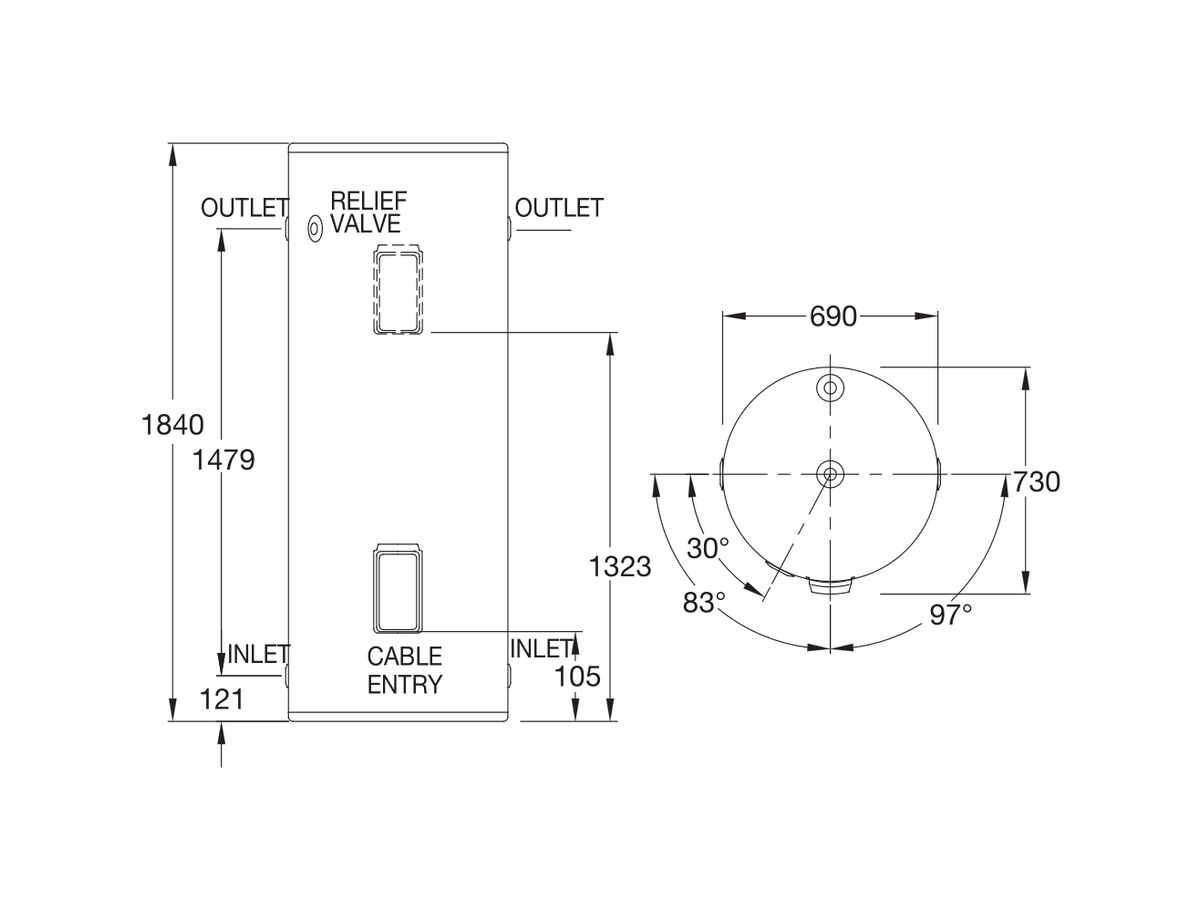
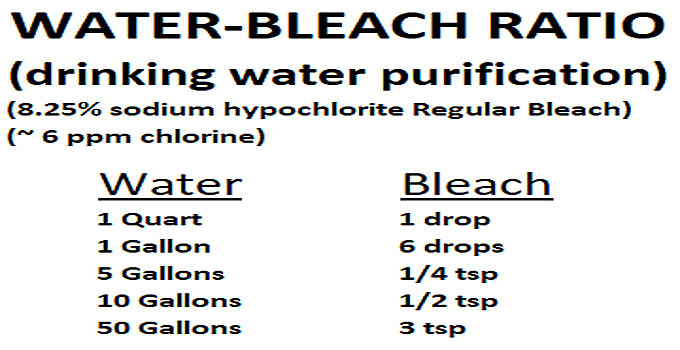
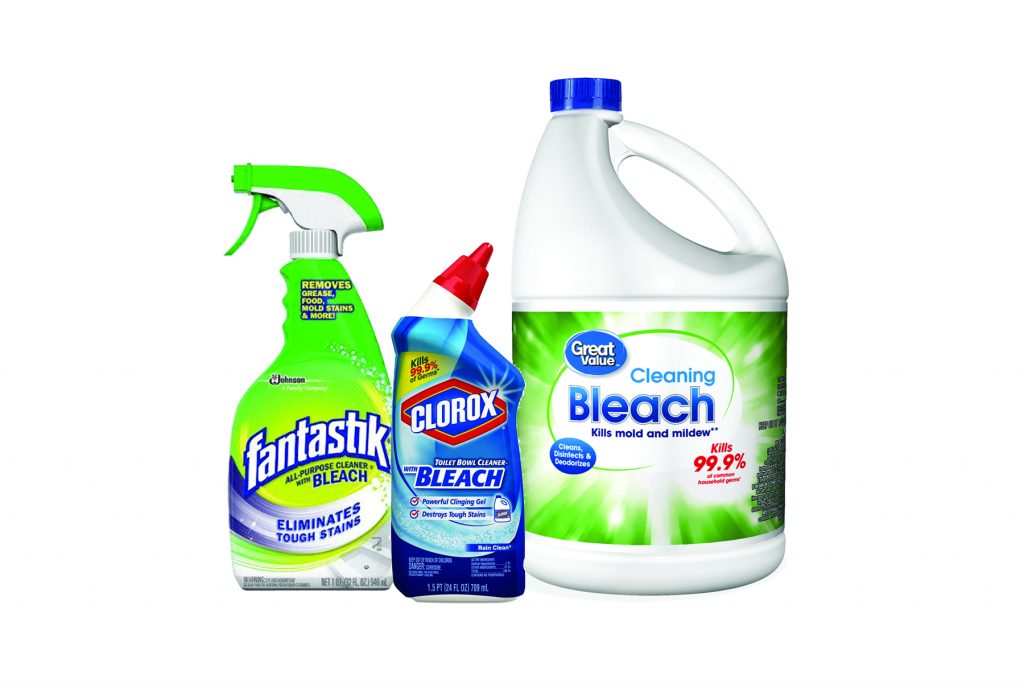

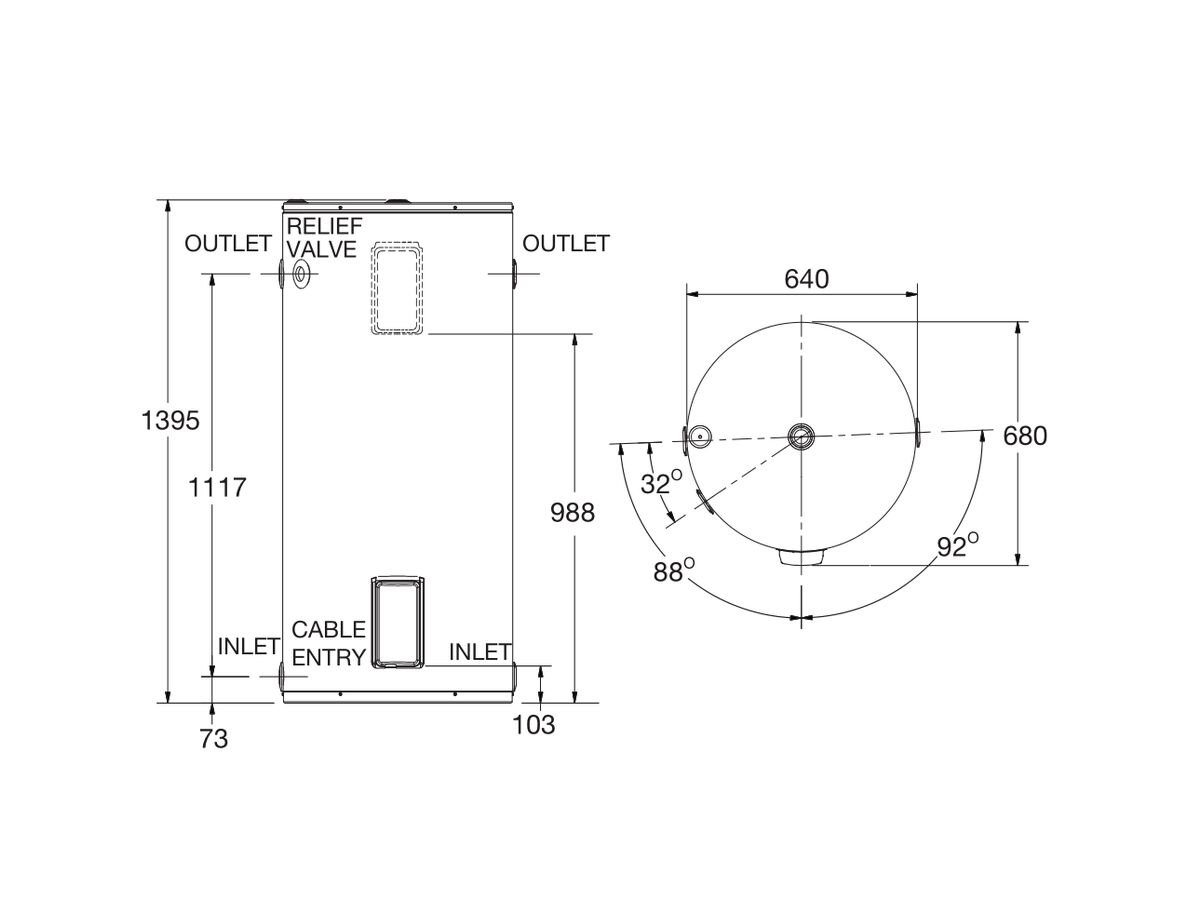





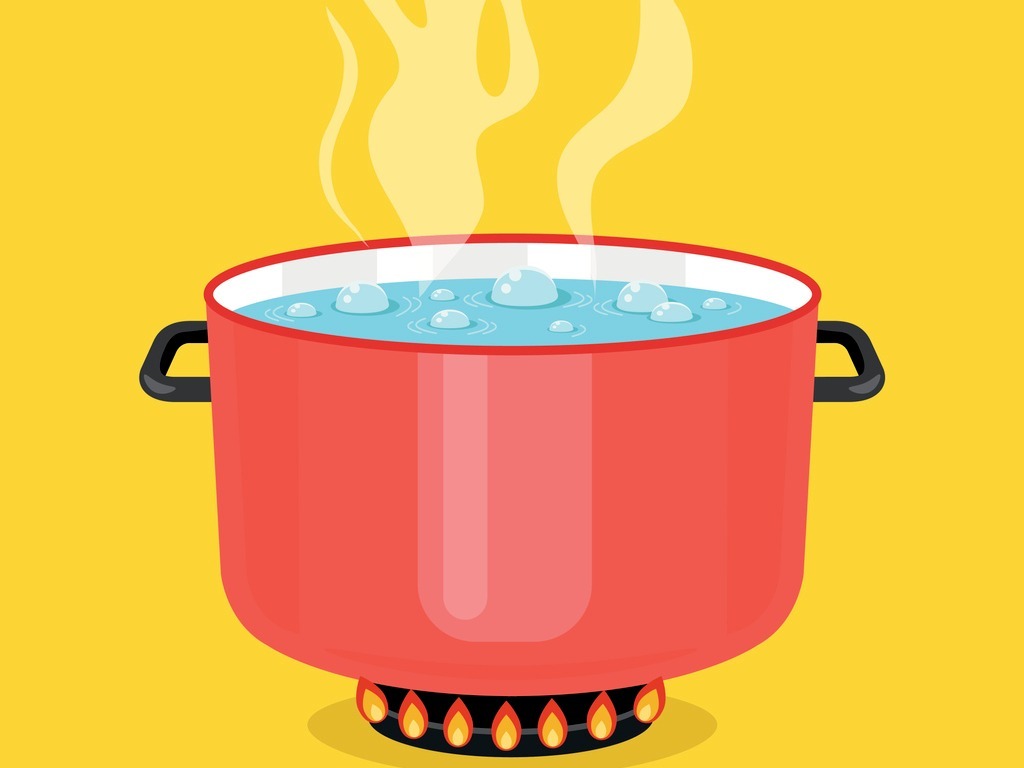
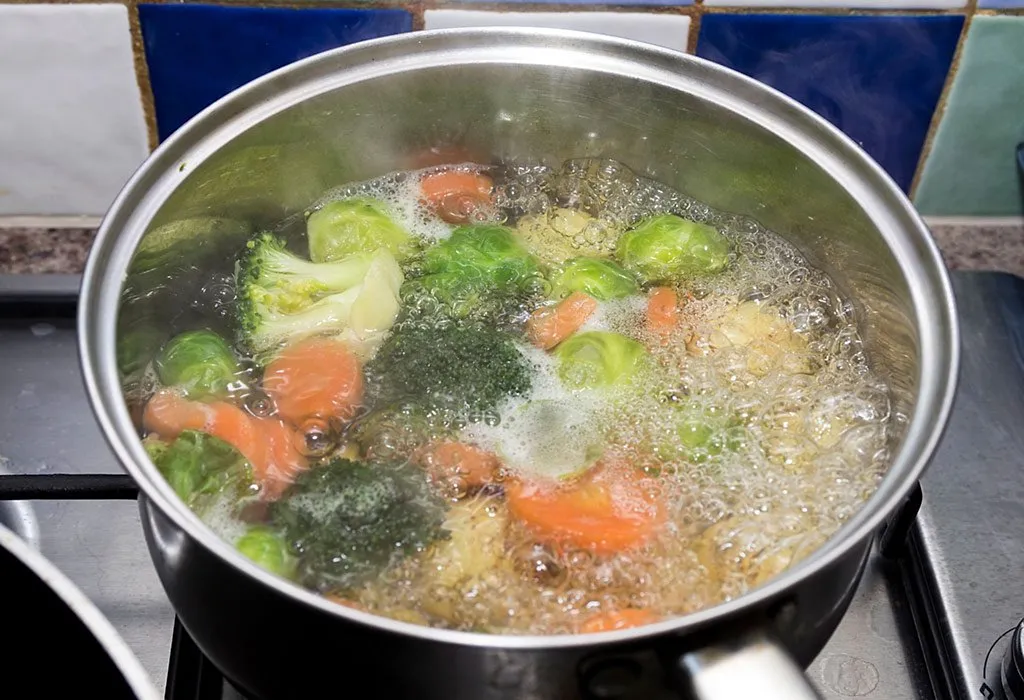
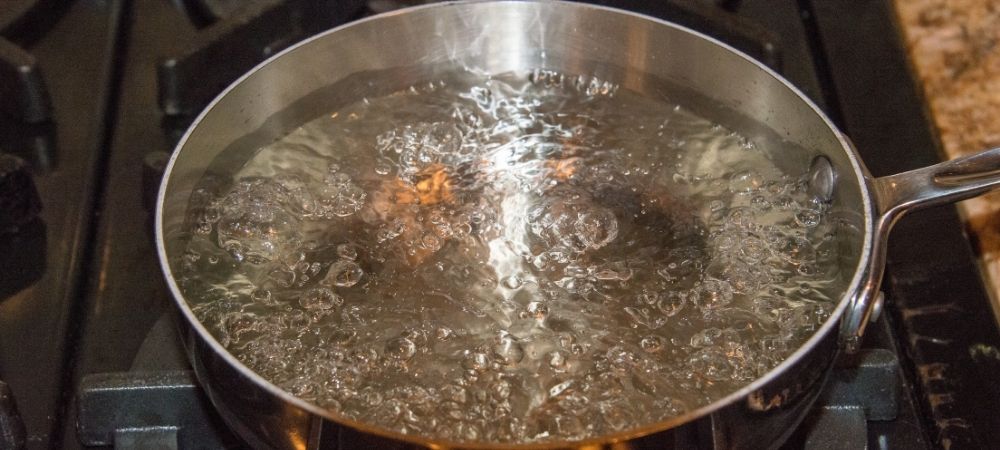
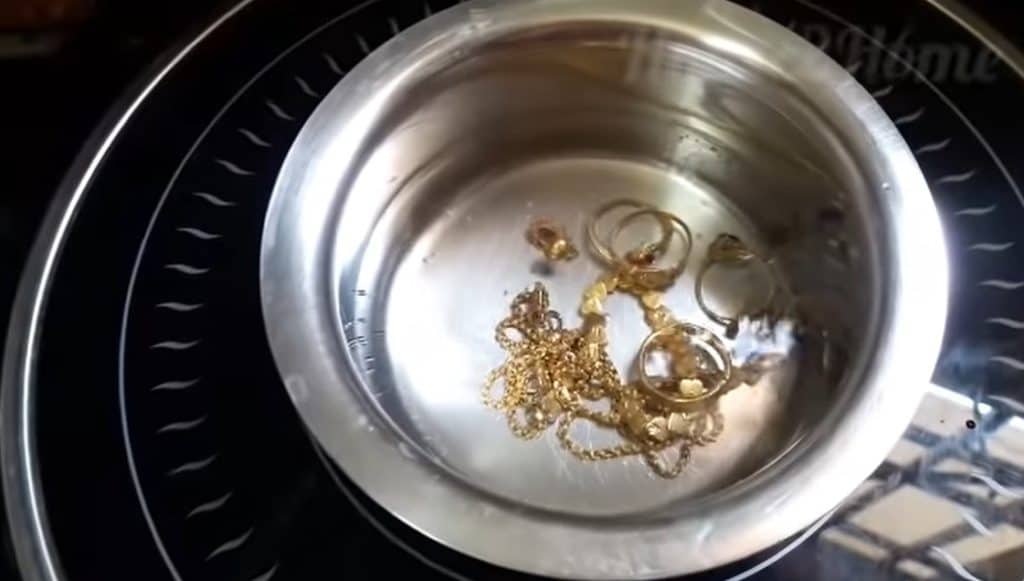

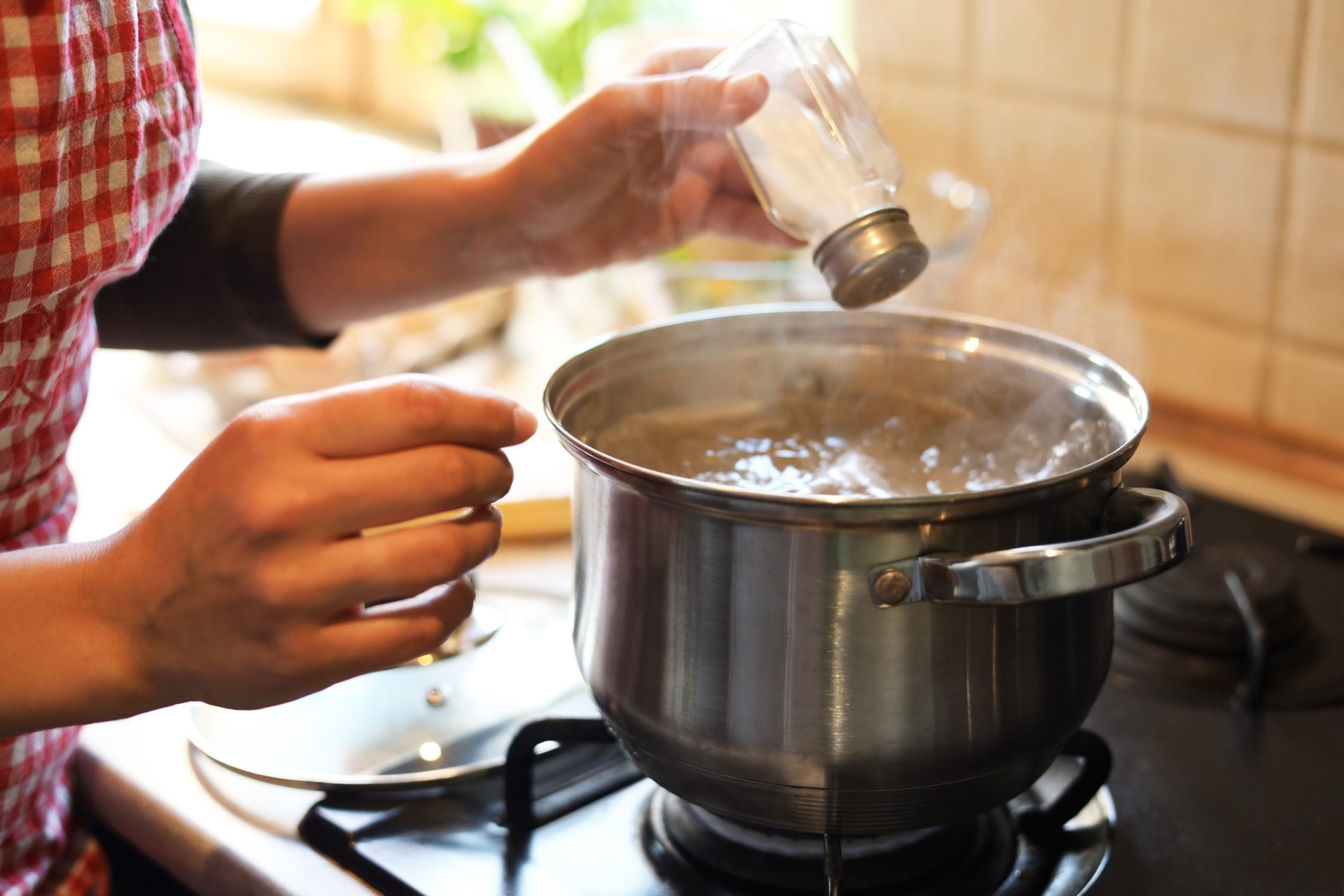
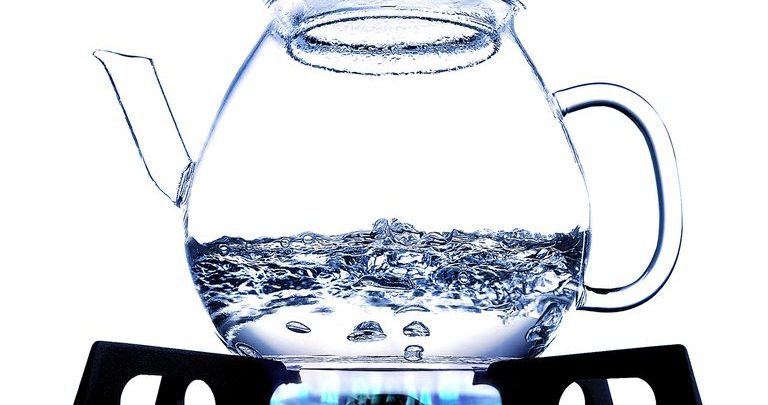

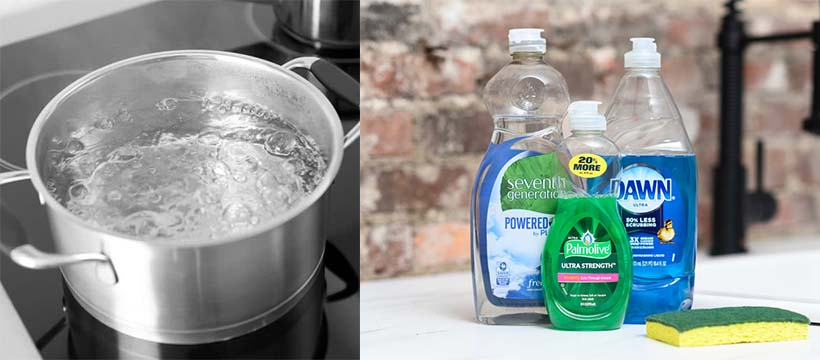



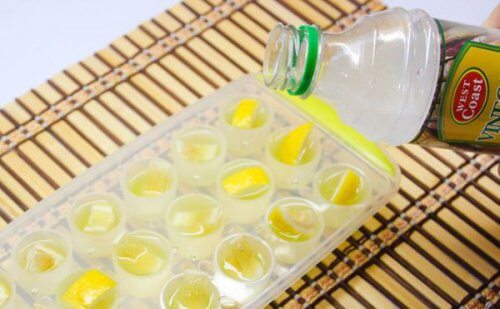












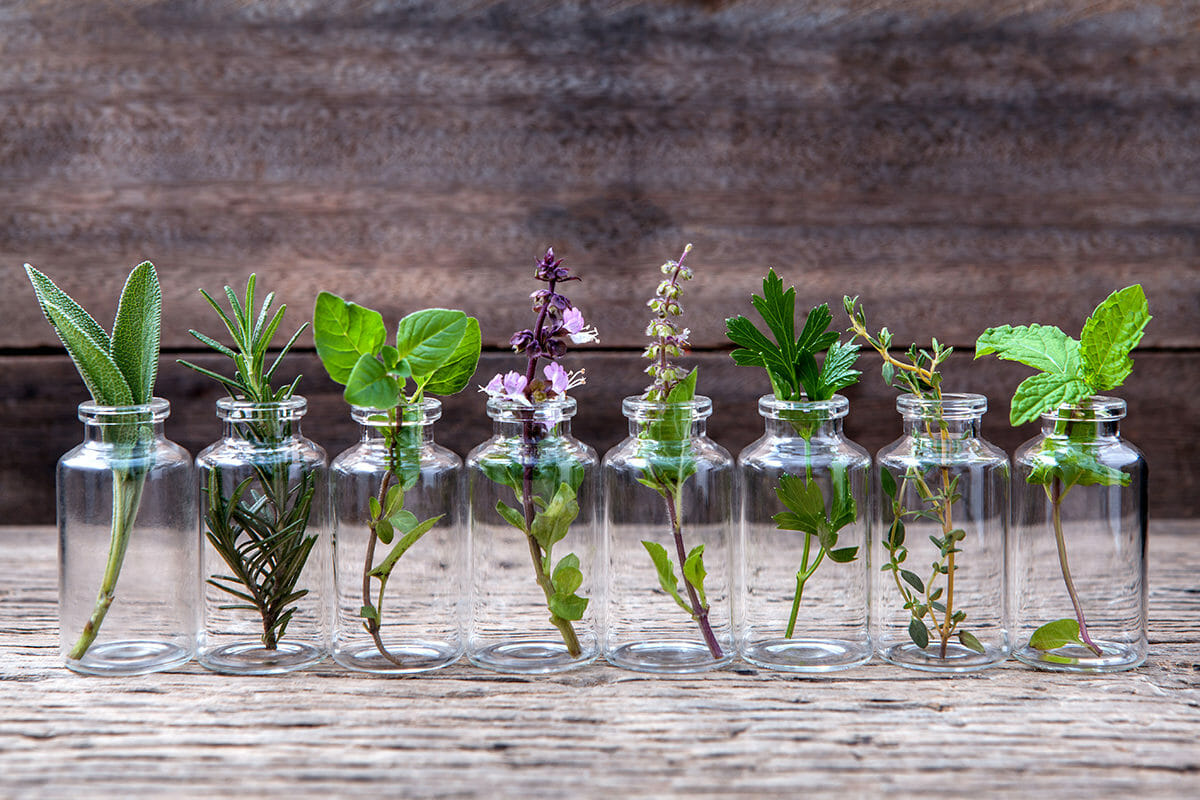





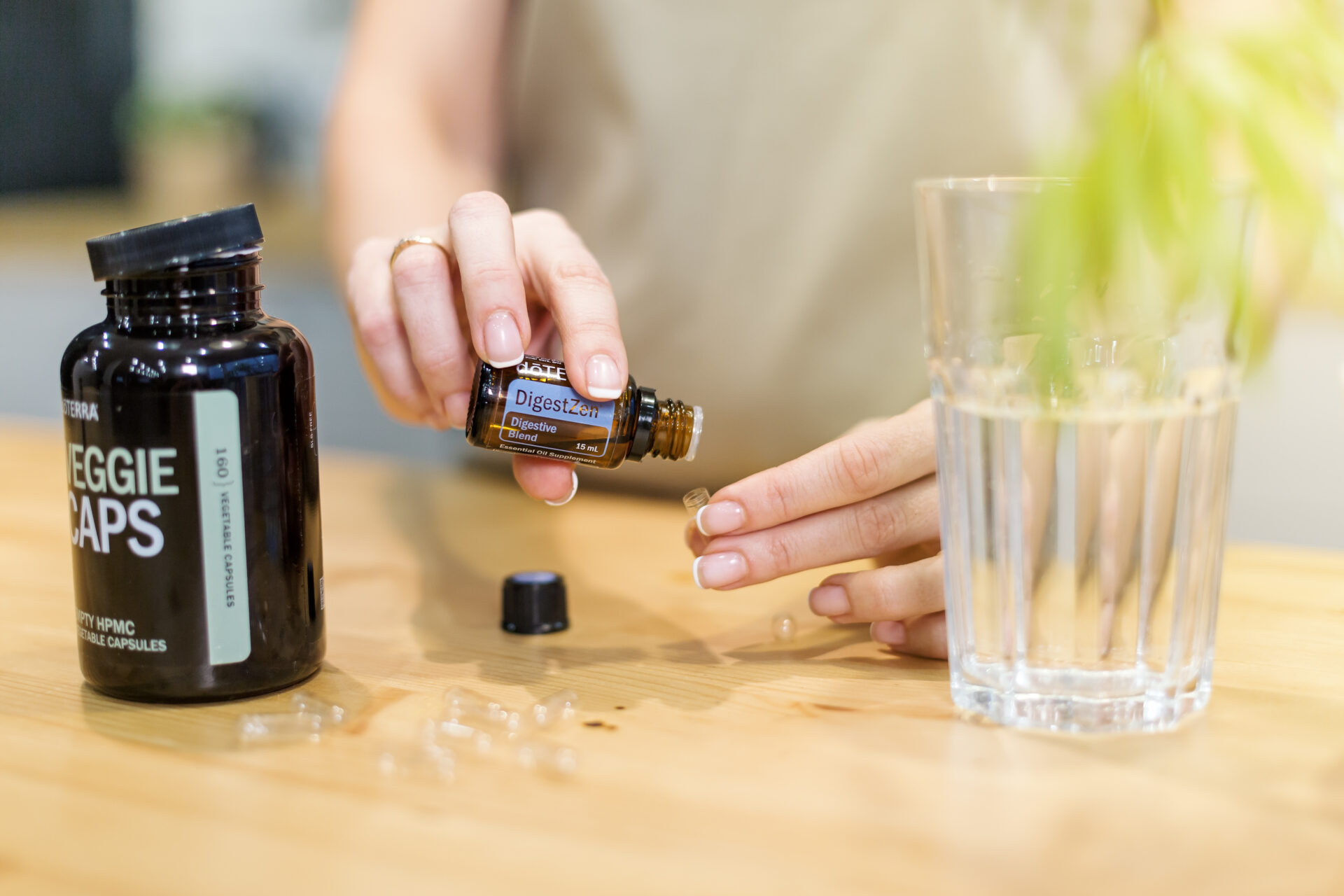



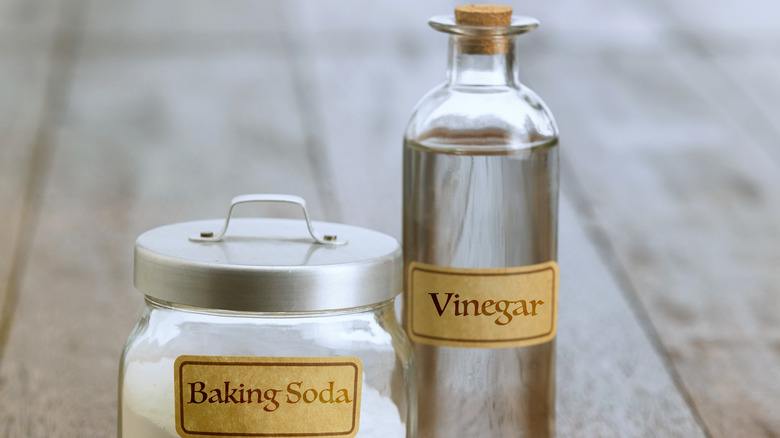
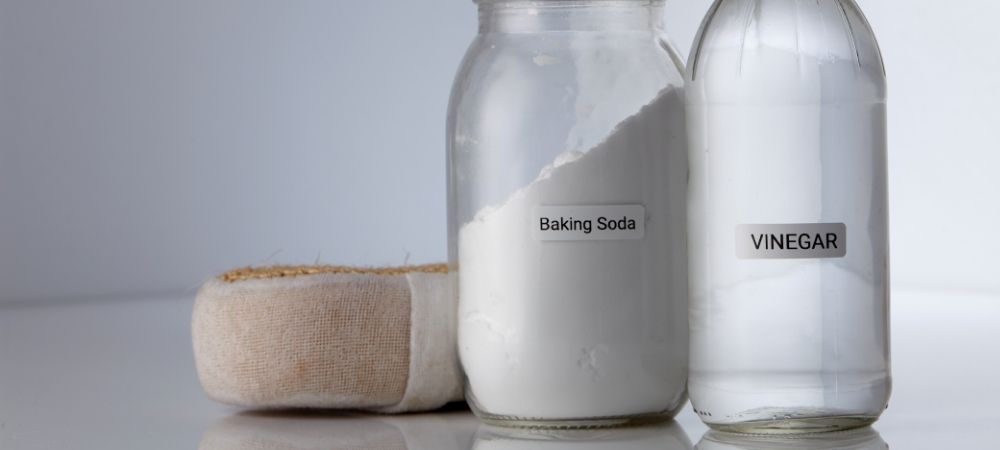


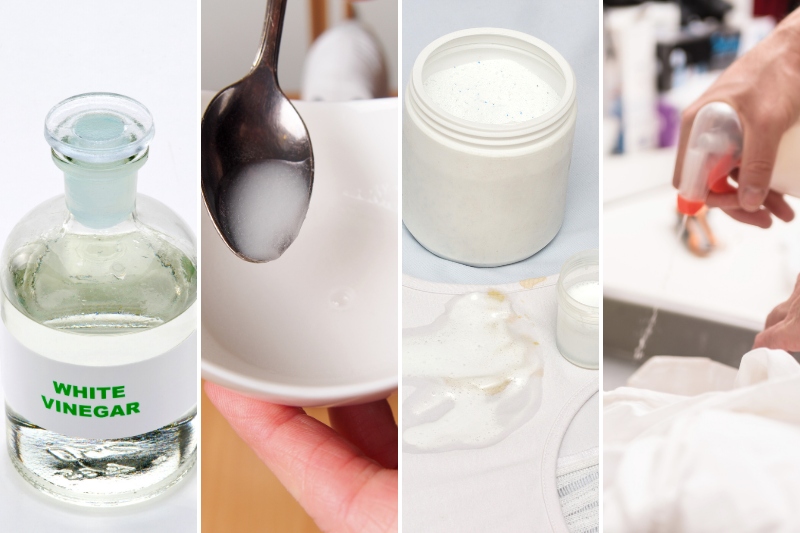

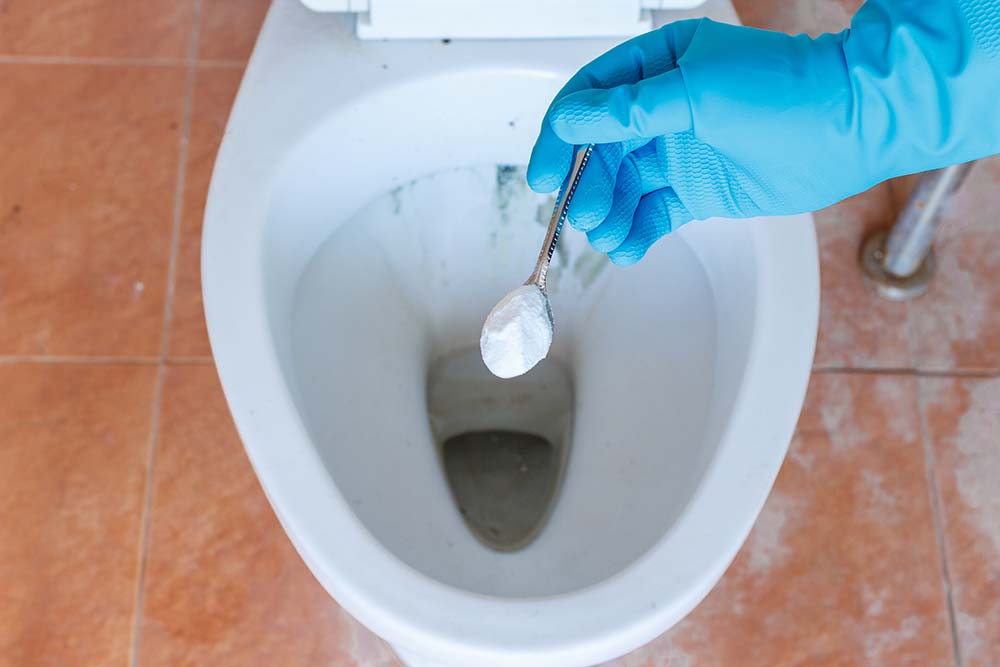
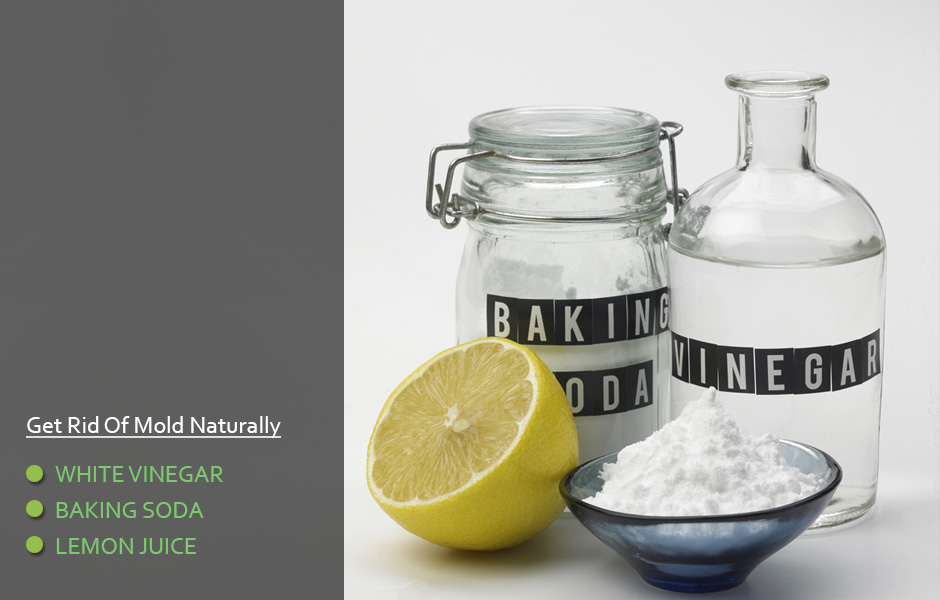





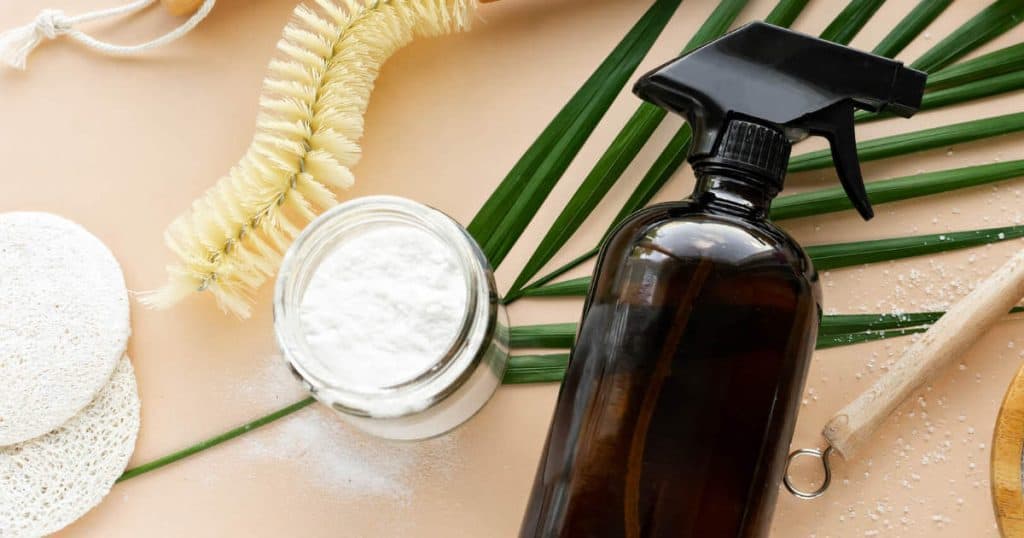
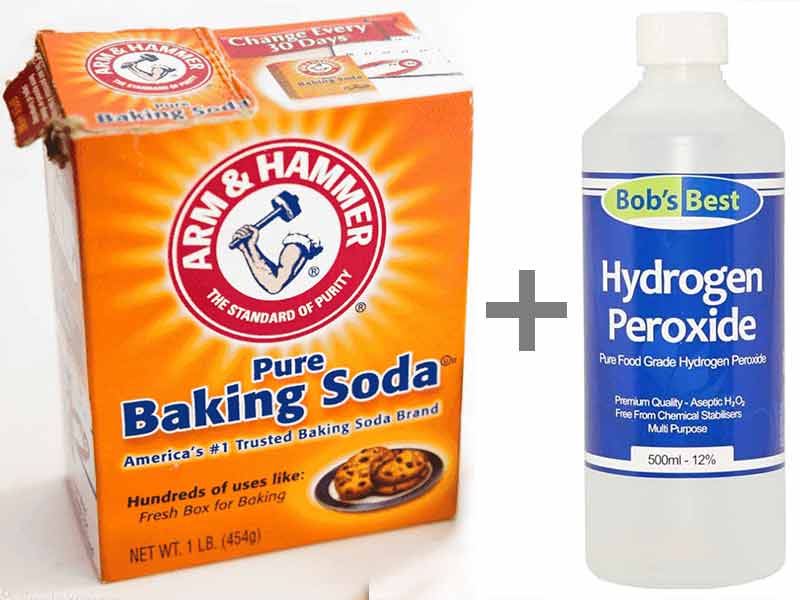

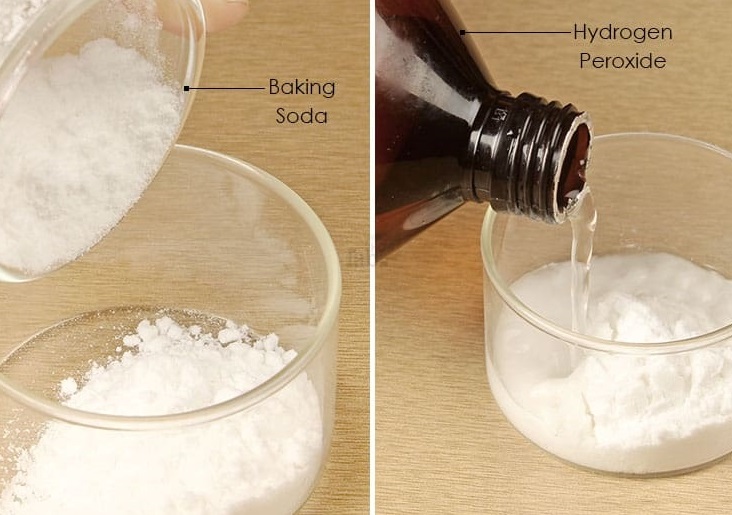

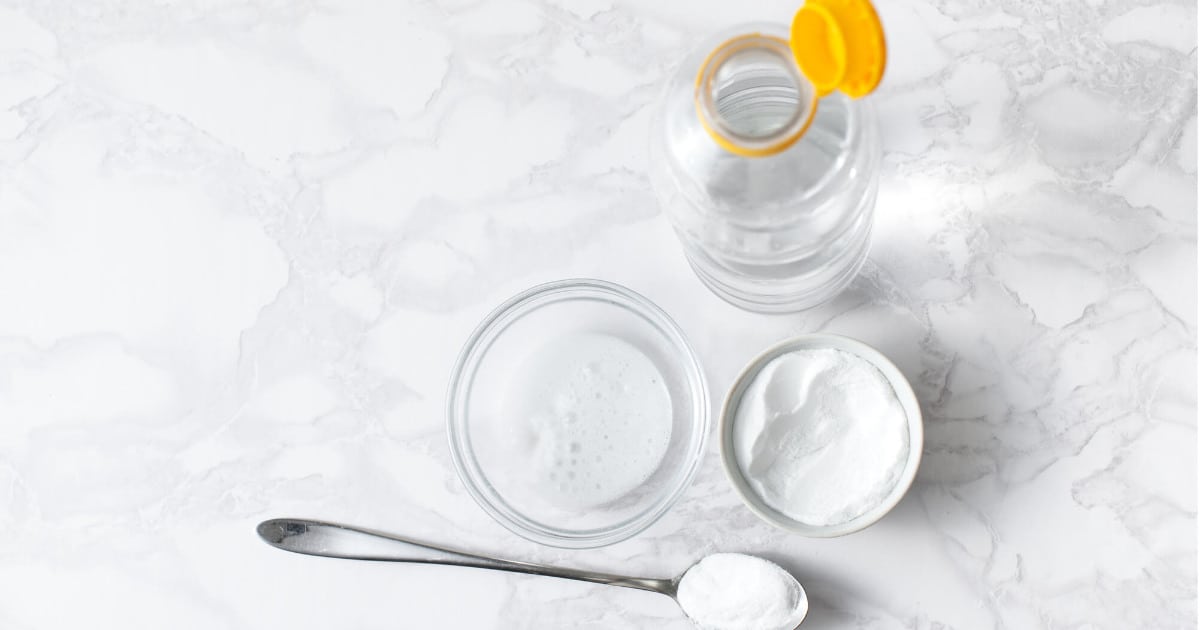


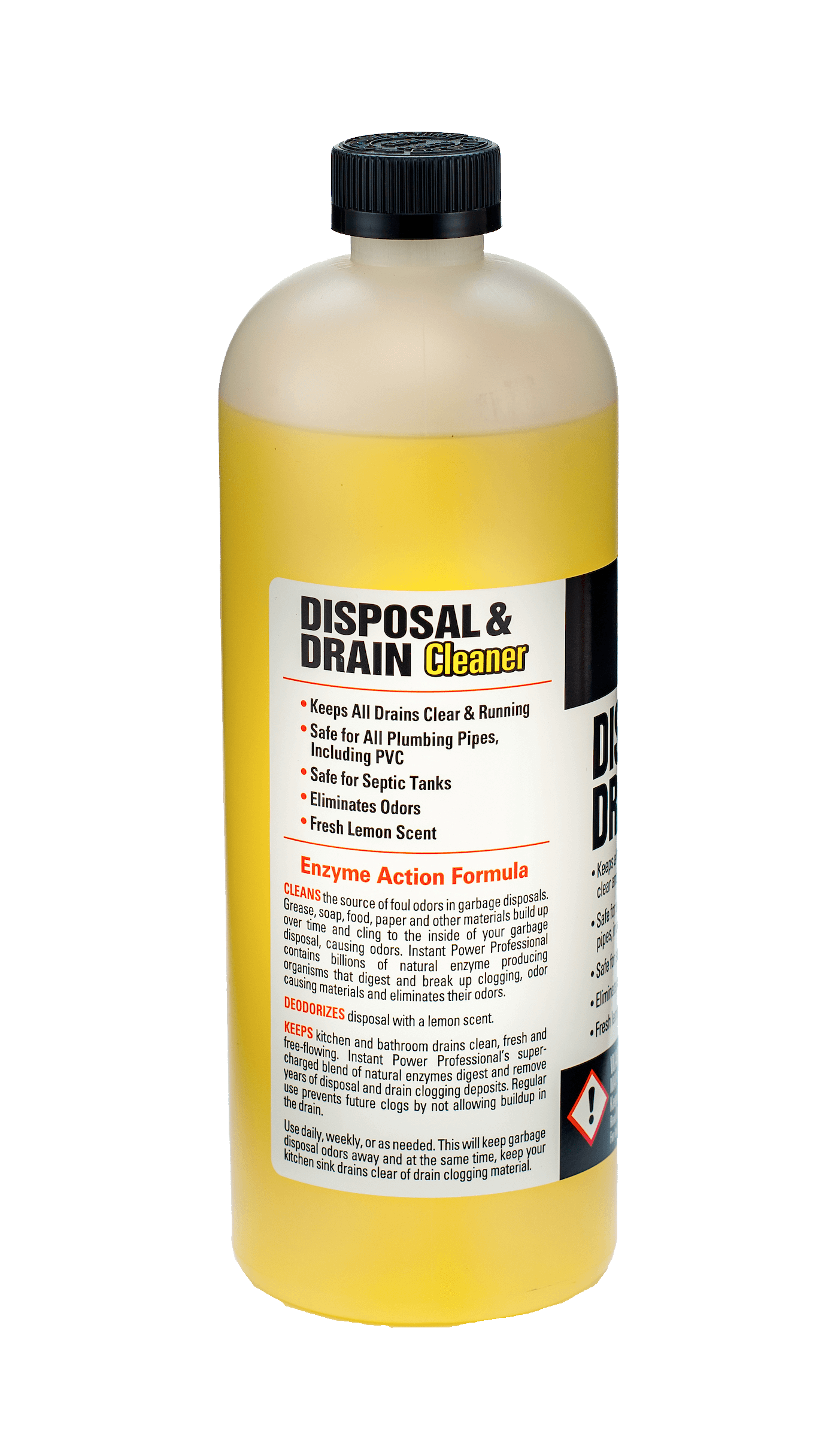

/GreenGobblerRefresh32oz-5bc63b0d4cedfd00266e4611.jpg)




